Revealed: the staggering paydays these stars turned down
Thanks but no thanks
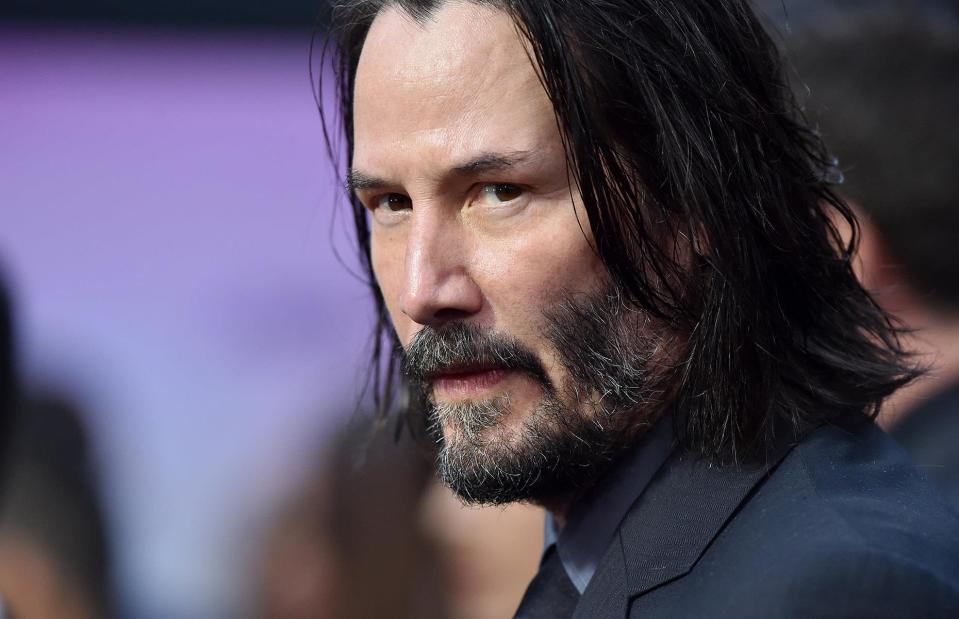
Axelle/Bauer-Griffin/FilmMagic
While some stars are constantly on the prowl for their next money-making opportunity, others are a bit more selective – no matter how much cash is involved.
From multi-million-dollar endorsement deals to mega-money for reprising movie roles, read on to discover the lucrative opportunities that these superstars walked away from and why.
All dollar amounts in US dollars with pre-2022 figures adjusted for inflation.
Rod Stewart turned down $1 million (£788k) to perform in Qatar
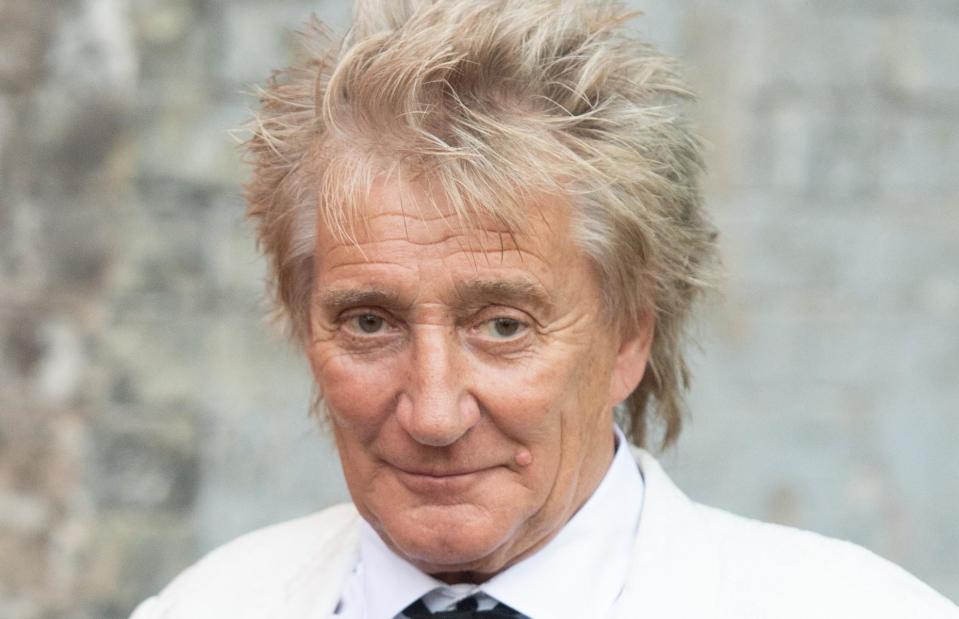
Samir Hussein/WireImage
Rod Stewart turned down a $1 million (£788k) payday to perform at the 2022 World Cup in Qatar on account of the country's human rights violations.
The Middle Eastern nation had come under fire for its mistreatment of migrant workers and its anti-LGBTQ laws. "It’s not right to go", the British rocker told The Times newspaper.
Meanwhile, British football legend David Beckham faced backlash after accepting £150 million ($190m) to act as an ambassador to Qatar. The soccer star defended his decision, claiming that the World Cup would be a platform for "progress, inclusivity, and tolerance".
Lady Gaga turned down $1.4 million (£1.1m) to sing for American Republicans
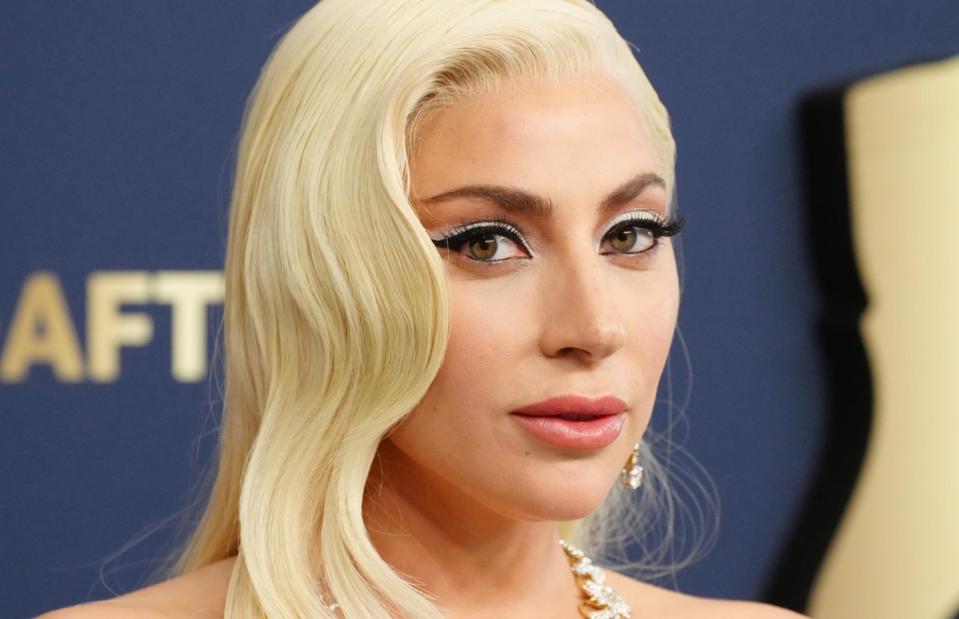
Jeff Kravitz/FilmMagic
Lady Gaga turned down a cool $1 million – or $1.4 million (£1.1m) in today's money – to sing at the 2012 Republican National Convention.
In a bid to entice the outspoken Democrat into performing at the event, the offer reportedly included a $150,000 donation (the equivalent of $208k/£164k today) to a domestic violence charity. However, it still wasn't enough for Gaga to sign on the dotted line.
The singer's snub came to light in a lawsuit filed by Republican fundraisers against production company Cater America LLC, which was in charge of arranging entertainment for the event. Gaga later went on to perform America's national anthem, The Star-Spangled Banner, at Joe Biden's presidential inauguration in 2021.
ZZ Top turned down $3.1 million (£2.5m) to shave their beards
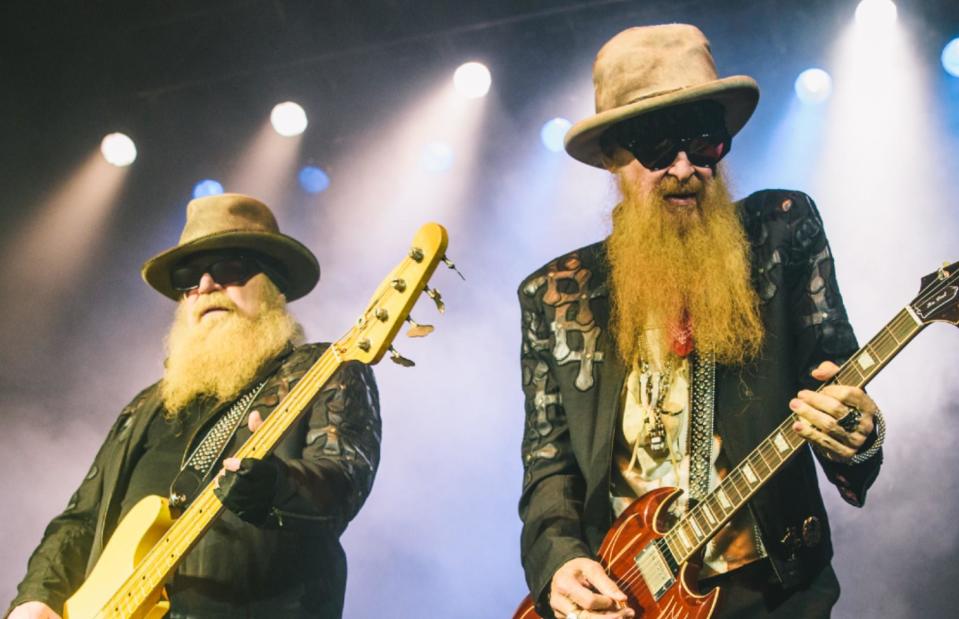
Gaelle Beri/Redferns
ZZ Top rockers Billy Gibbons and Dusty Hill were offered $1 million to star in a Gillette razor commercial in 1984, or around $3.1 million (£2.5m) in today's money. The catch? The duo would have to shave off their beards, which they’d been growing ever since they formed their band in 1969.
In 2012, Gibbons told the magazine Brave Words: "No dice. Even adjusted for inflation, this isn’t going to fly. The prospect of seeing oneself in the mirror clean-shaven is too close to a Vincent Price film... A prospect not to be contemplated, no matter the compensation."
For the unfamiliar, Vincent Price was a 20th-century movie star famed for horror flicks such as House of Wax and Theatre of Blood and was known for his neat moustache and beard-free chin.
Nick Cannon turned down $5.8 million (£4.6m) to host America's Got Talent
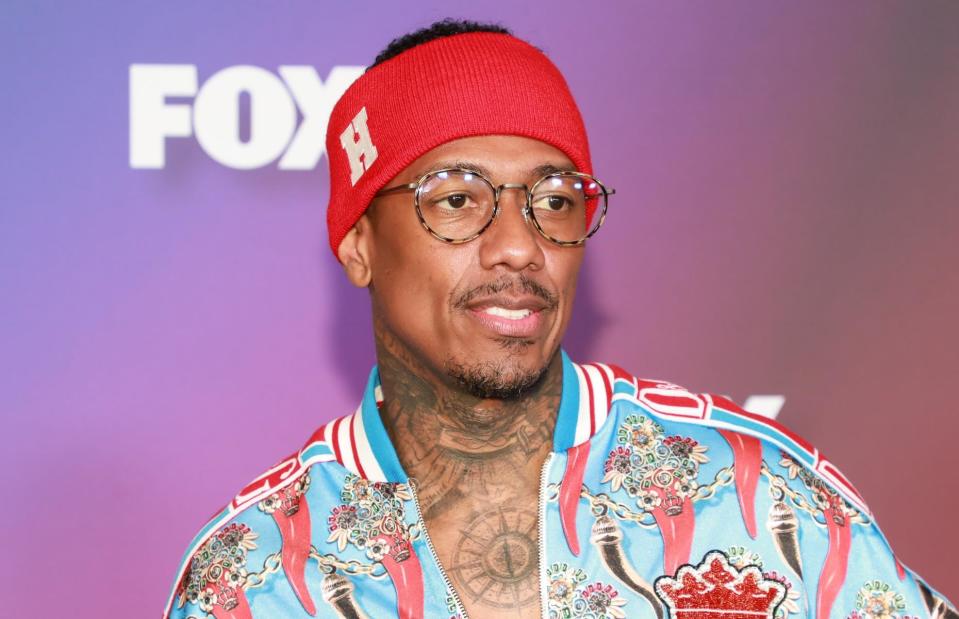
Jason Mendez/WireImage
Rapper turned TV host Nick Cannon walked away from hosting his eighth season of America’s Got Talent in 2017, despite the fact he was reportedly earning $4.5 million per season. Adjusted for inflation, that's a cool $5.8 million (£4.6m).
According to Cannon, NBC – the network that airs America’s Got Talent – was unhappy with a comedy act he performed on Showtime because it wasn't "PG". NBC's talent contest is a decidedly family-friendly show.
Cannon, however, viewed the network's stance as a violation of his freedom of speech and decided to walk away from the lucrative hosting gig. "I will not stand for it," he posted on his Facebook page. "My moral principles will easily walk away from the millions of dollars they hang over my head."
The Smiths turned down $7.9 million (£6.2m) to reunite
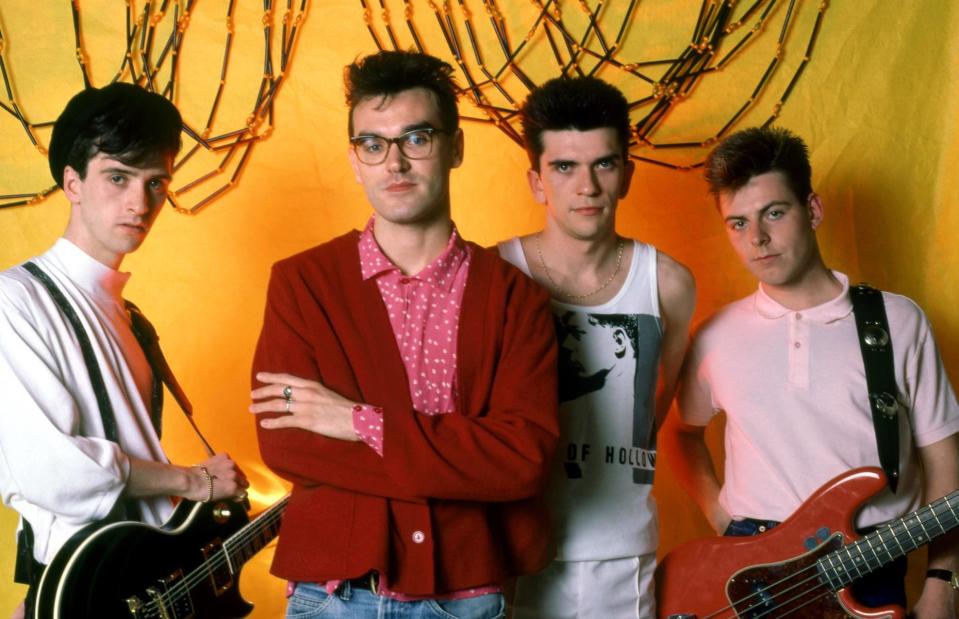
Ross Marino/Getty Images
English music icons The Smiths (pictured in 1985) were offered a cool $5 million – around $7.9 million (£6.2m) today – to reunite for the Coachella festival in 2006, almost 20 years after their 1987 split. They flatly turned the invitation down. When asked by a journalist if they had even considered the lucrative deal, frontman Morrissey replied: "No, because money doesn’t come into it".
Fans have been desperate for the legendary band to get back together, with speculation mounting in 2020 that a reunion could be on the cards. However, guitarist Johnny Marr was quick to shut down the rumours, tweeting: "Nigel Farage on guitar".
The suggestion the far-right politician would be a suitable guitarist was widely interpreted to be a jab at Morrissey's political views, which has been a cause of friction between the former bandmates. In other words, don't hold your breath waiting for this one...
Kanye West turned down $8 million (£6.3m) to headline Coachella
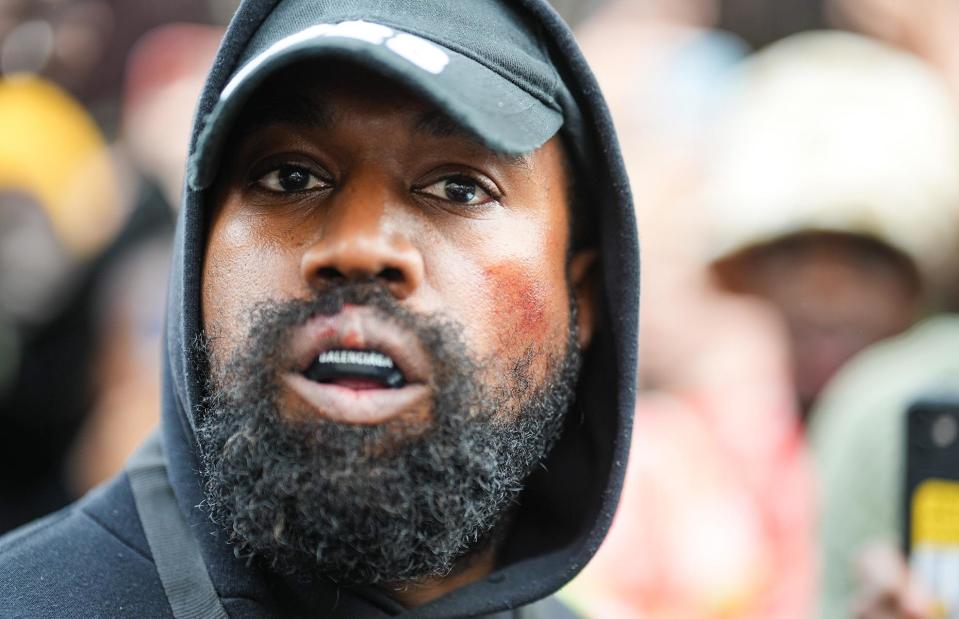
Edward Berthelot/GC Images
When Kanye West pulled out of his 2022 Coachella gig, he walked away from an $8 million (£6.3m) payday plus $500,000 (£395k) in production fees for his performance.
While Kanye has not revealed why he backed out of the music festival, sources indicated he was taking time off to "get help" with his highly publicised personal and medical issues. The last-minute decision by West reportedly left Coachella organisers scrambling to find a replacement, with The Weeknd eventually filling Kanye's headlining spot.
Ice Cube turned down $10.8 million (£8.5m) to star in a comedy film
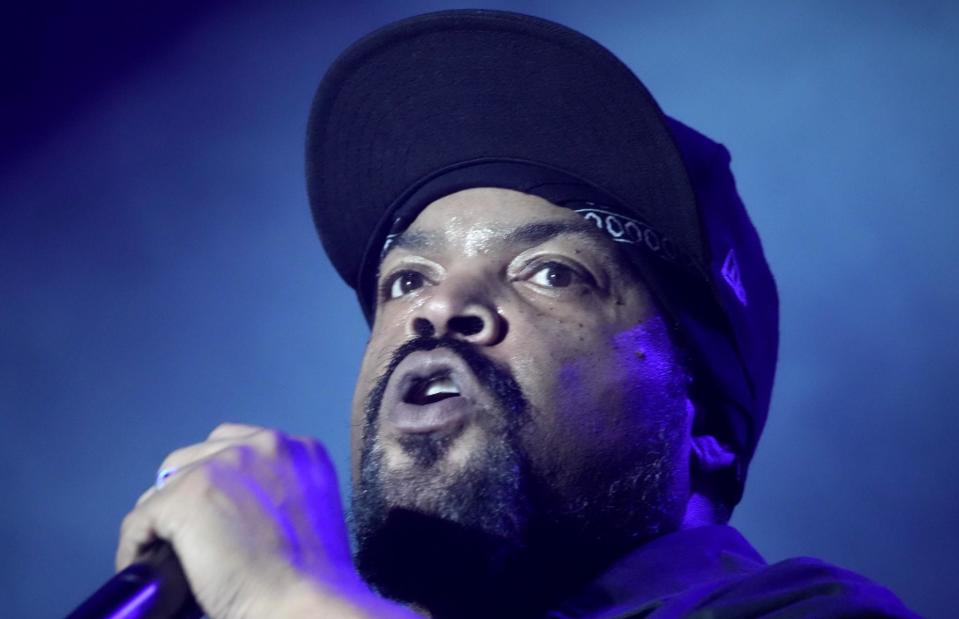
Jeff Kravitz/FilmMagic
Ice Cube reportedly turned down a $9 million (£7.5m) payday to star in the movie Oh Hell No alongside Jack Black. That's around $10.8 million (£8.5m) in today's money.
The producers of the comedy flick requested that all cast members be vaccinated against COVID-19, and, according to numerous sources, the rapper-turned-actor refused. His withdrawal from the movie was announced in October 2021.
Owen Wilson turned down $12 million (£9.5m) to star in an OJ Simpson movie
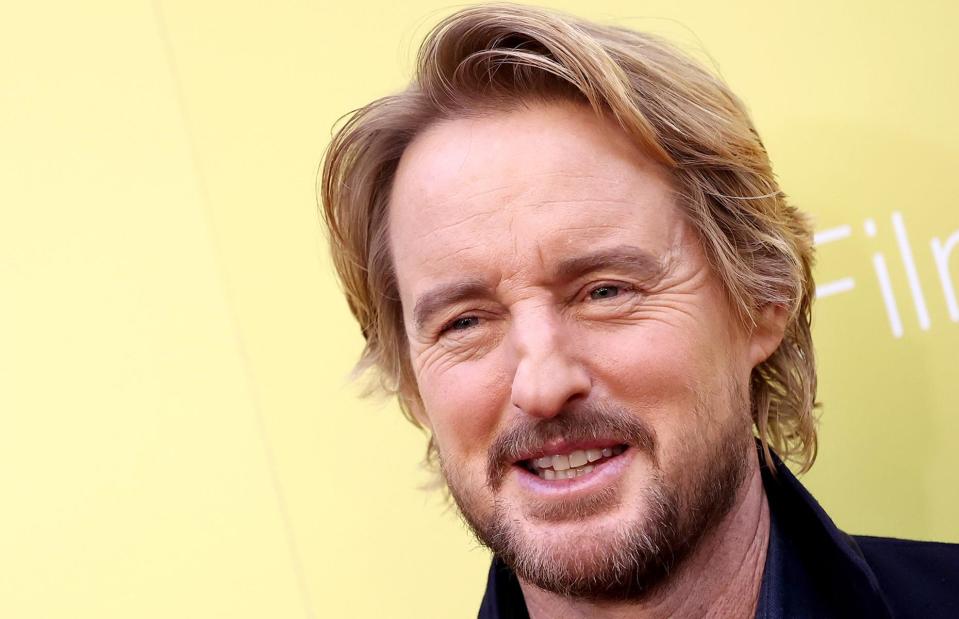
Tommaso Boddi/Getty Image
Owen Wilson reportedly turned down $12 million (£9.5m) to star in a controversial movie about the late OJ Simpson.
The satirical thriller, titled The Juice, is currently in development. It portrays Simpson as innocent of the murders of his ex-wife Nicole Brown Simpson and her friend Ron Goldman.
British filmmaker Joshua Newton is at the helm of the project and described Wilson as "perfect" for the role of attorney Douglas McCann. However, Wilson quickly shut down any talks about starring in the movie. According to Newton, Wilson said, "If you think I’m going to take the lead role in a movie about how OJ didn’t do it, you’ve got to be kidding me."
Chris Tucker turned down at least $18.6 million (£14.7m) to star in a Friday sequel
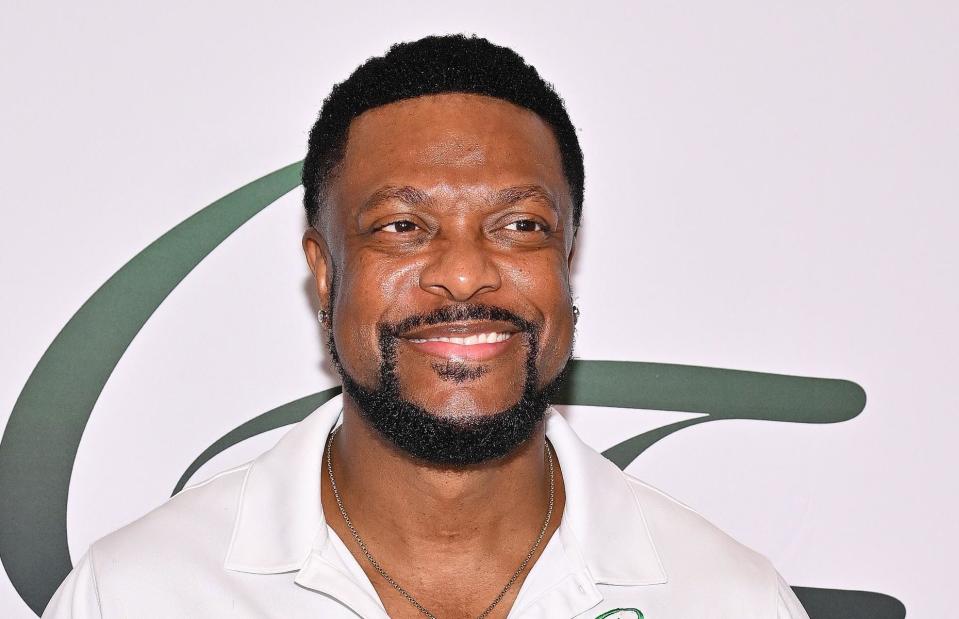
Derek White/Getty Images
In 2000, actor and comedian Chris Tucker was offered somewhere in the region of $10 million to $12 million to reprise his role in a sequel to stoner movie Friday. Factoring in inflation, that's around $18.6 million (£14.7m) to $22.3 million (£17.6m) today.
According to his co-star Ice Cube, the Christian comedian turned down the lucrative opportunity for "religious reasons".
However, Tucker finally revealed why he rejected the offer in a 2021 interview with All Urban Central. He confessed: "I gotta tell you, one of the reasons why I didn’t do the second one was because of the weed. Because I said, man, that movie became a phenomenon. I don’t want everybody smoking weed".
Jim Carrey turned down $20.9 million (£16.5m) for The Mask 2
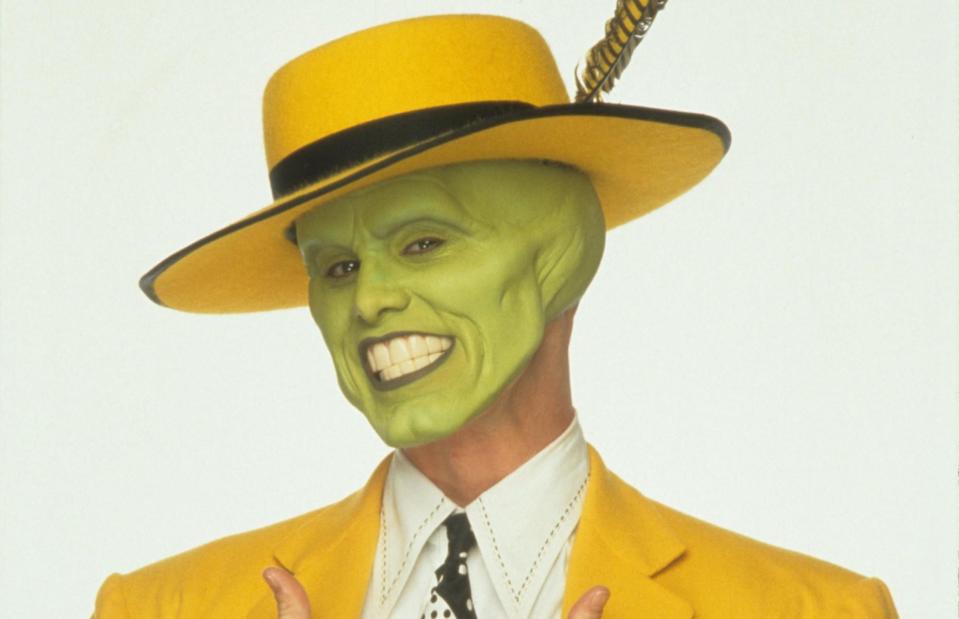
New Line Cinema/Getty
In 1995, Jim Carrey revealed to journalist Barbara Walters that he had turned down a hefty $10 million to star in a sequel to his comedy classic The Mask. In today's money, that's a hefty $20.9 million (£16.5m).
Carrey said that while filming Ace Ventura: When Nature Calls that very same year, he realised he just wasn't interested in playing the same character twice.
All hope is not lost, however, as it seems he's since reconsidered his stance. Speaking to ComicBook.com in 2020, the Golden Globe winner explained: "I don’t want to do it just to do it. But I would only do it if it was some crazy visionary filmmaker".
Keanu Reeves turned down $25.8 million (£20.4m) for Speed 2
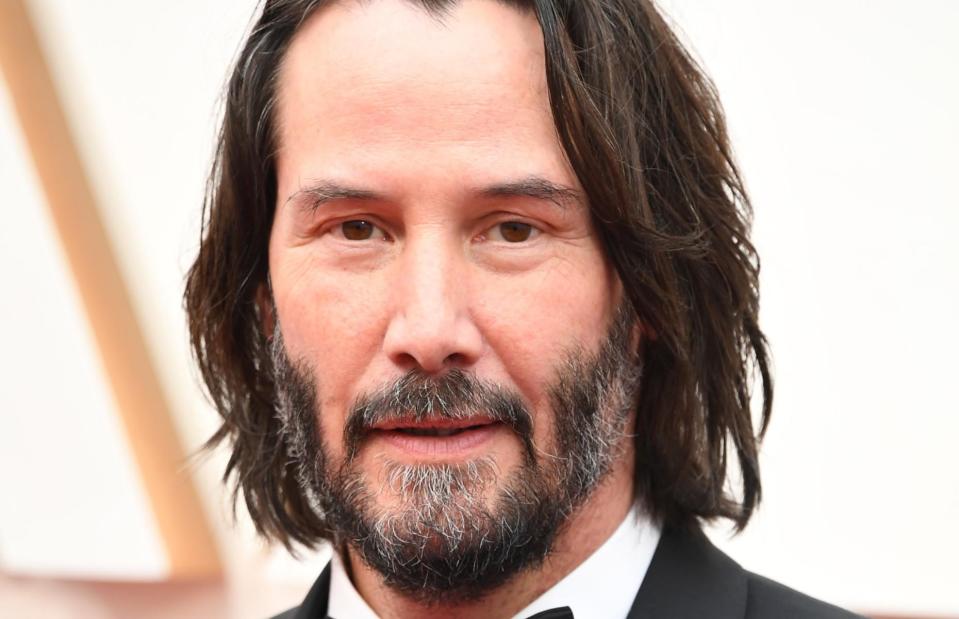
Steve Granitz/WireImage
Another actor who refused to film a follow-up is Keanu Reeves, who turned down $12 million – or $25.8 million (£20.4m) in today's money – to star in the sequel to 1994's Speed.
At the time, Reeves diplomatically claimed he was taking a break from the action genre but he later confessed on UK TV show The Graham Norton Show that the real reason was that he "just didn’t respond to the script".
He's probably glad he trusted his gut. Widely regarded as one of the worst movies of all time, Speed 2: Cruise Control was panned for everything from its dialogue to its predictability. Slammed by critics, it has a score of just 4% on movie review website Rotten Tomatoes.
Jodie Foster turned down $26.9 million (£21.2m) to star in Hannibal
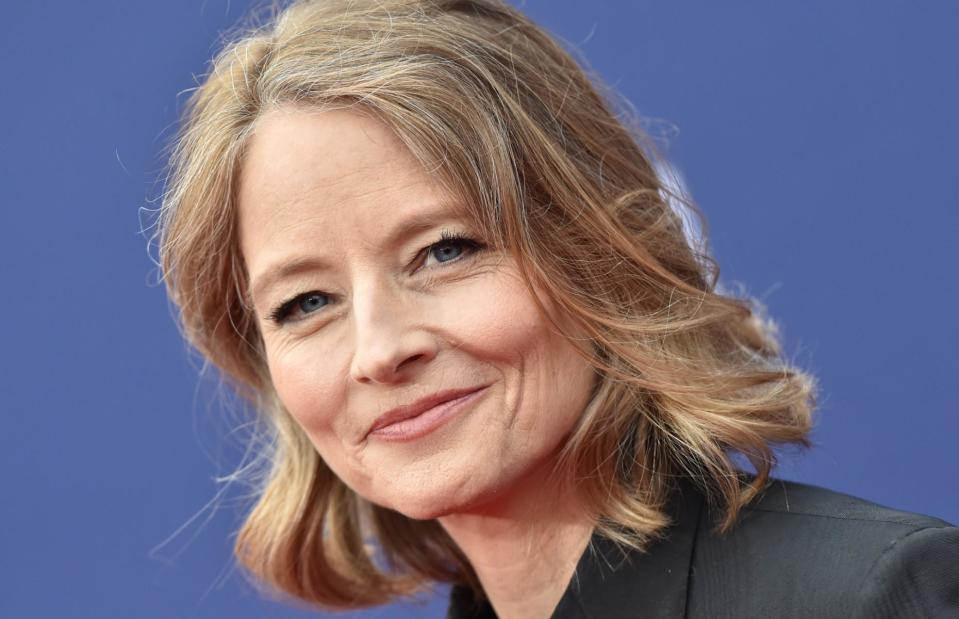
Axelle/Bauer-Griffin/FilmMagic
When Hannibal hit cinemas in 2001, fans were more than a little surprised to discover that Julianne Moore had stepped into the shoes of FBI agent Clarice Starling. After all, Starling had been played by Jodie Foster in the movie's prequel The Silence of the Lambs, and Foster had even won the Best Actress Oscar for the part at the 1992 Academy Awards.
However, when given the opportunity to reprise her role as the savvy FBI agent in Hannibal, Foster refused. This was despite the $15 million paycheque, which is a juicy $26.9 million (£21.2m) today.
The star later revealed that while the "official" reason was that she was busy making another movie, the reality was that she disagreed with the direction Hannibal was taking Clarice in, and didn’t want to "trample on her". It seems that Foster has no regrets about her decision to leave the part behind. When Total Film asked her if she’d seen Hannibal, she said she had, cheekily adding: "I won’t comment".
Michael Keaton turned down $31.3 million (£24.7m) to reprise his Batman role
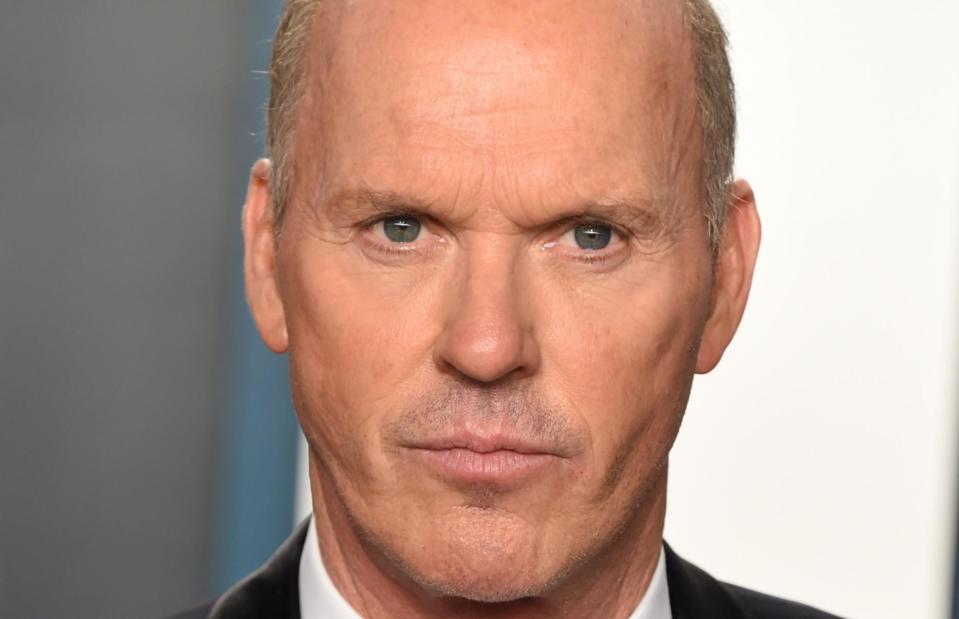
John Shearer/Getty Images
Michael Keaton walked away from a $15 million payday when he refused to reprise his role as Batman in Batman Forever – a jaw-dropping $31.3 million (£24.7m) in today's money. When director Tim Burton was replaced by Joel Schumacher, Keaton opposed the more family-friendly direction the franchise was taking.
He eventually backed out of the project following a series of chats with Schumacher, which he discussed during an appearance on In the Envelope: the Actor's Podcast. "[Schumacher] asked me, 'I don't understand why everything has to be so dark and everything so sad'," Keaton recalled. "And I went, 'Wait a minute, do you know how this guy got to be Batman?'"
However, the star later reprised his Batman role in the 2023 superhero flick The Flash.
George Clooney turned down $35 million (£27.6m) to film an airline ad
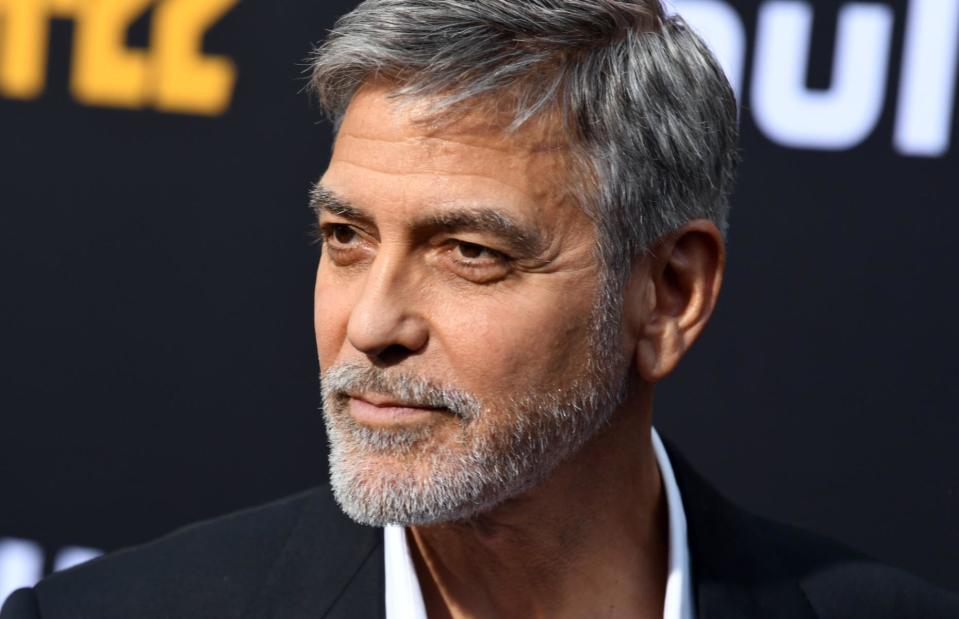
Kevin Winter/Getty Images
George Clooney is no stranger to endorsing a brand to rake in the big bucks, with the Hollywood heavyweight reportedly making over $40 million (£32m) from his partnership with coffee company Nespresso alone. Yet Clooney told The Guardian in 2021 that he once turned down a whopping $35 million (£27.6m) for a single day's work, which would have seen him filming an advert for an airline company.
The star refused to name the airline but said that while the company is "an ally", the country it was associated with is "questionable at times". He added that he didn’t want to "lose a minute's sleep" over taking the job, so turned down the offer.
With an estimated net worth of $500 million (£395m), Clooney is one star who can certainly afford to let his moral compass guide his decisions.
Leonardo DiCaprio turned down $39.1 million (£30.9m) for American Psycho
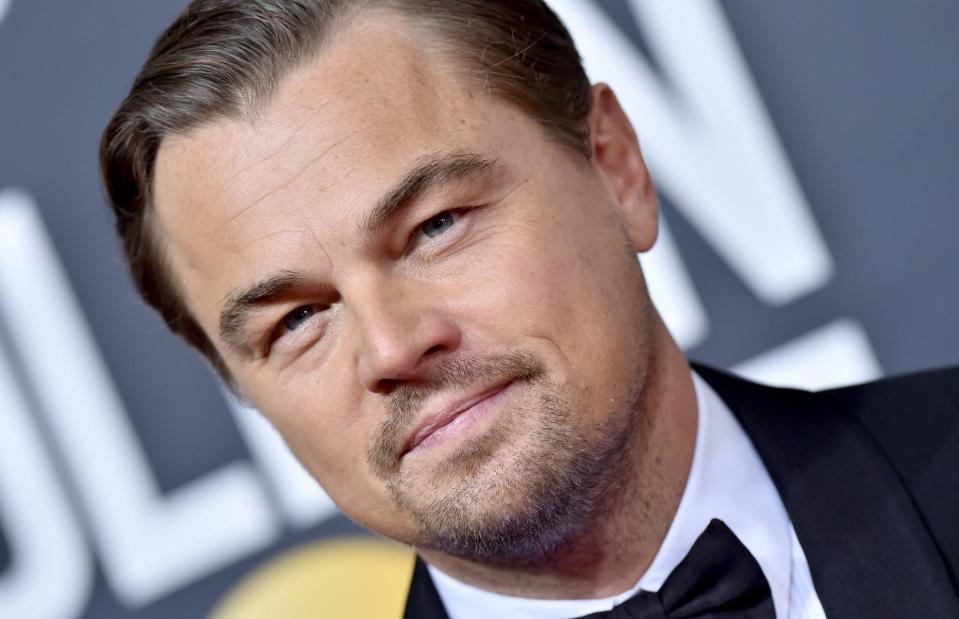
Axelle/Bauer-Griffin/FilmMagic
For his first post-Titanic role, Leonardo DiCaprio was set to play yuppie serial killer Patrick Bateman in grisly thriller American Psycho. The star was reportedly offered $21 million – an incredible $39.1 million (£30.9m) in today's money – for the part. He ultimately dropped out of the project before being replaced by Christian Bale.
While DiCaprio himself has never revealed why he quit, American Psycho director Mary Harron claimed he left over "creative differences" with the movie's original director, Oliver Stone.
Guinevere Turner, who co-wrote and acted in the film, has since revealed that feminist journalist Gloria Steinem may have also influenced DiCaprio’s decision. Speaking to Vice in 2020, Turner explained: "I believe [Steinem] said: 'Please don’t do this movie. Coming off of Titanic, there is an entire planet full of 13-year-old girls waiting to see what you do next, and this is going to be a movie that has horrible violence toward women."
Vin Diesel turned down $43.2 million (£34m) to star in 2 Fast 2 Furious
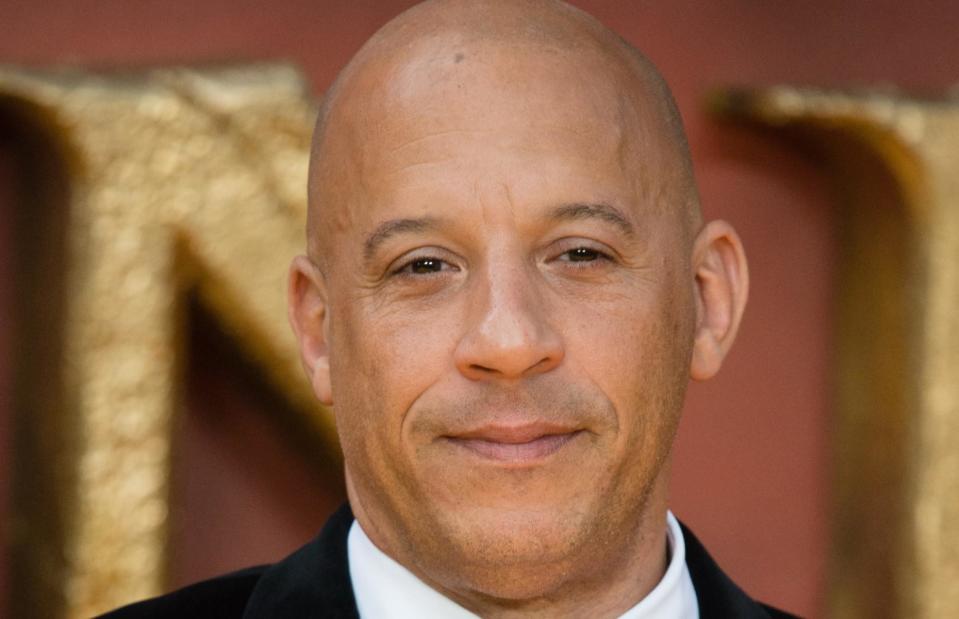
Samir Hussein/WireImage
There are already a huge 10 films in the Fast and Furious franchise, with even more in the works. While Vin Diesel is loved for his role as street racer Dominic Toretto in the series, he was mysteriously absent from the second film, 2 Fast 2 Furious.
According to the star, he turned down $25 million – a staggering $43.2 million (£34m) today – to reprise his part as he was worried about the impact a sequel would have on the film's long-term credibility. "If we 'sequelised' it the way studios were doing at the time, just slapping a story together, I'd ruin the chance of that first one becoming a classic," he told #Legend in 2017.
However, he clearly had a change of heart shortly after turning down the initial sequel. After making a cameo in the third movie, he came on board as a producer for the fourth and has starred in every Fast & Furious film since.
Steven Seagal reportedly turned down $47 million (£37m) to fight Jean-Claude Van Damme
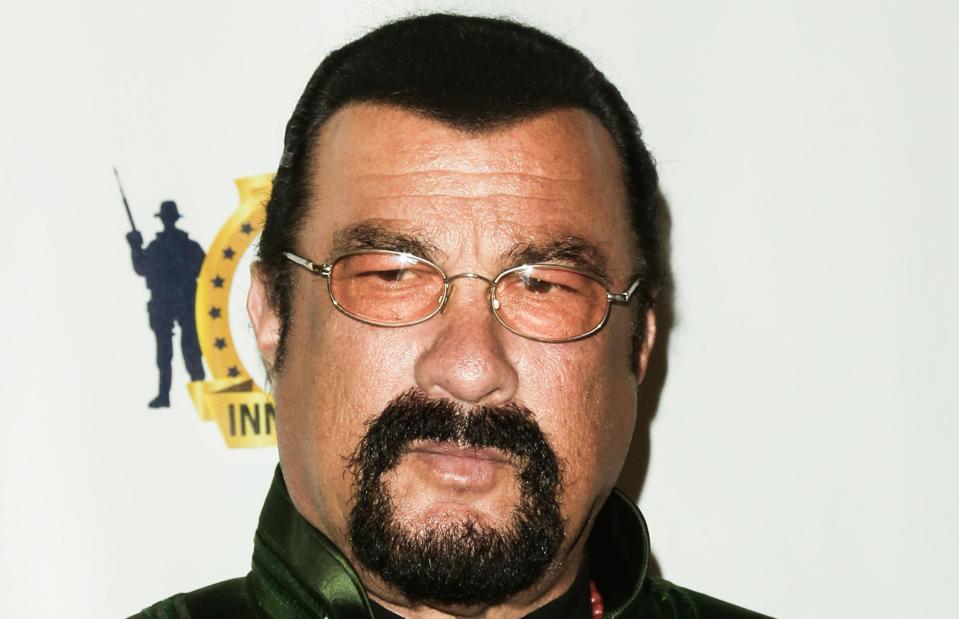
Paul Archuleta/Getty Images
Action stars Jean-Claude Van Damme and Steven Seagal had a famous rivalry at the peak of their Hollywood careers in the 80s and 90s—a feud that almost led to a physical confrontation. It all began in 1991 when Seagal questioned Van Damme's martial arts credentials during an interview, suggesting his championship kickboxing record might be illegitimate.
Van Damme claimed that movie producer Peter Guber sought to capitalise on their public feud by organising a fight between them in the early 90s, with promotors ready to offer each of them a juicy $20 million to participate. Adjusted for inflation, that's around $47 million (£37m) today.
Van Damme stated he was willing to brawl, but claimed Seagal "didn't take the fight." However, Seagal has yet to comment on the matter.
Will Ferrell turned down $50 million (£39.5m) to star in Elf 2
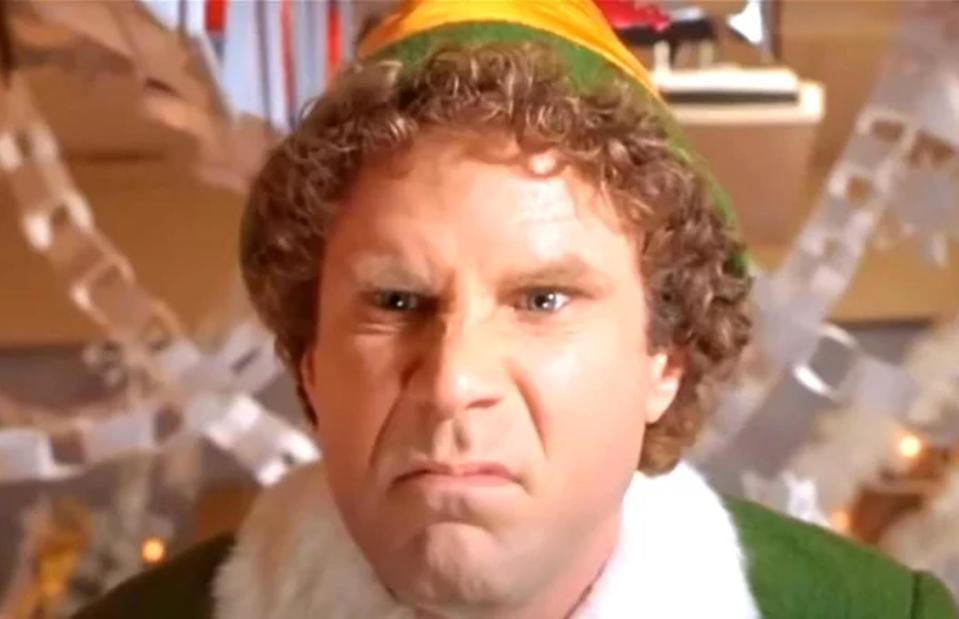
New Line Cinema
Comedy legend Will Ferrell rejected $29 million – around $50 million (£39.5m) today – to star in an Elf sequel for one very simple reason: he disliked the script.
In an interview with The Hollywood Reporter, he revealed his fears that the film was too similar to the original 2003 Christmas classic.
He explained: "I would have had to promote the movie from an honest place, which would’ve been, like, 'Oh no, it’s not good. I just couldn’t turn down that much money...' I thought: 'Can I actually say those words? I don't think I can, so I guess I can't do the movie.'"
James Corden turned down $50 million (£39.5m) to host The Late Late Show
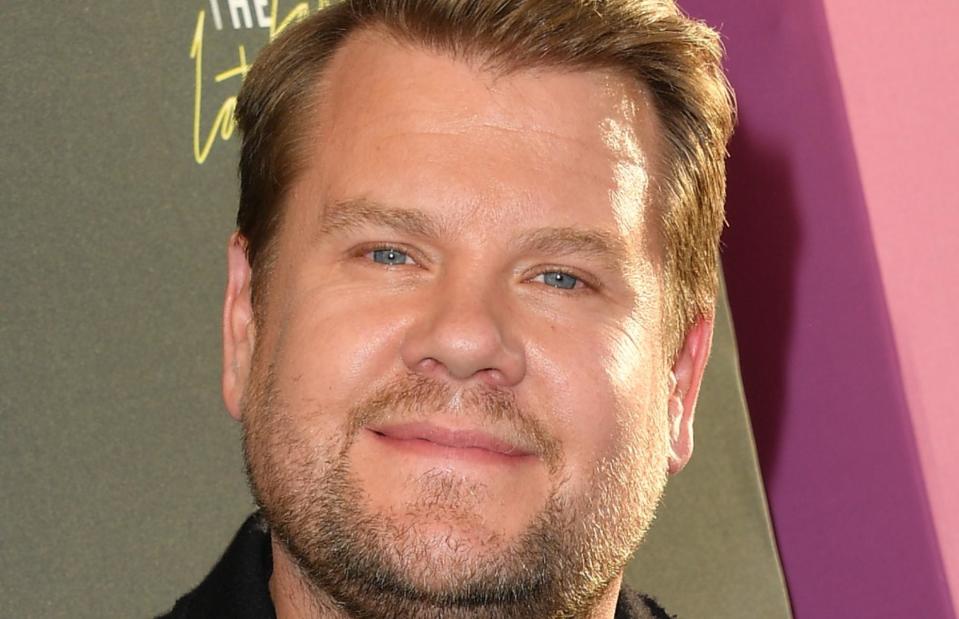
Allen Berezovsky/Getty Images
James Corden reportedly walked away from a hefty $50 million (£39.5m) contract to continue hosting The Late Late Show.
The British actor turned TV host had fronted the popular late-night talk show since 2015. He announced his plans to depart in April 2022, stating that he never saw the show as his "final destination".
Deciding to leave the gig obviously wasn't easy for the star who said at the time: "This has been the hardest decision I’ve ever had to make. I never take this for granted, ever".
Will Smith turned down $66.9 million (£52.8m) for The Matrix
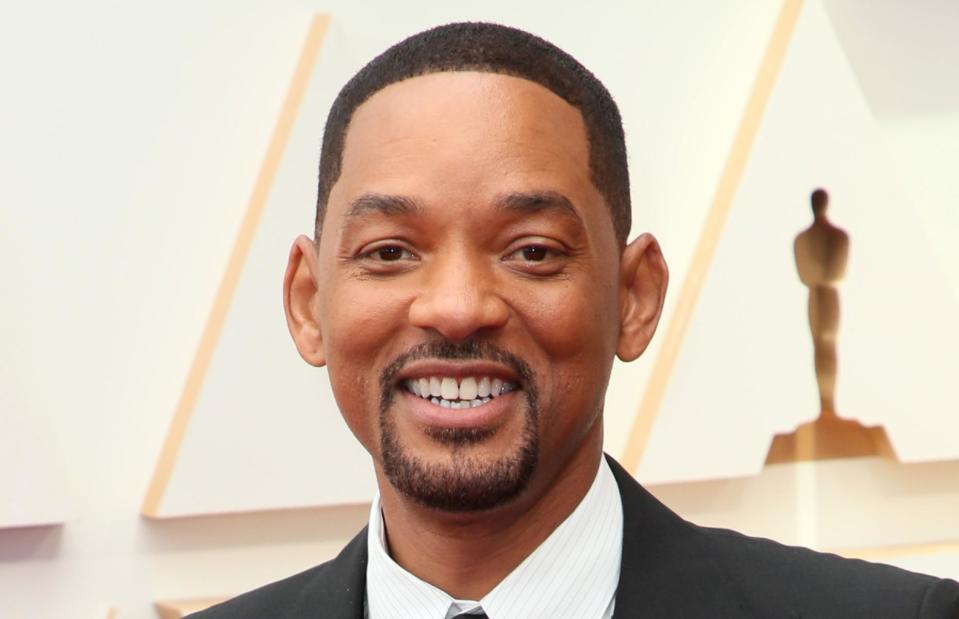
David Livingston/Getty Images
While hard to imagine anyone other than Keanu Reeves playing Neo in The Matrix, Will Smith was actually the first choice to star as the protagonist in Lana and Lily Wachowski's mind-bending movie franchise.
Smith confessed on his YouTube channel that he turned down the opportunity because he "didn’t understand it" when it was pitched to him. He also revealed that he'd filmed Independence Day the year before and didn't want to become "the alien movie guy".
The decision ended up costing Smith a hefty $35 million, or an eye-watering $66.9 million (£52.8m) in today's money, if we assume he would have enjoyed the same pay as Keanu Reeves – and that's not counting the sequels...
Shaquille O'Neal turned down $67.8 million (£53.5m) to endorse Reebok
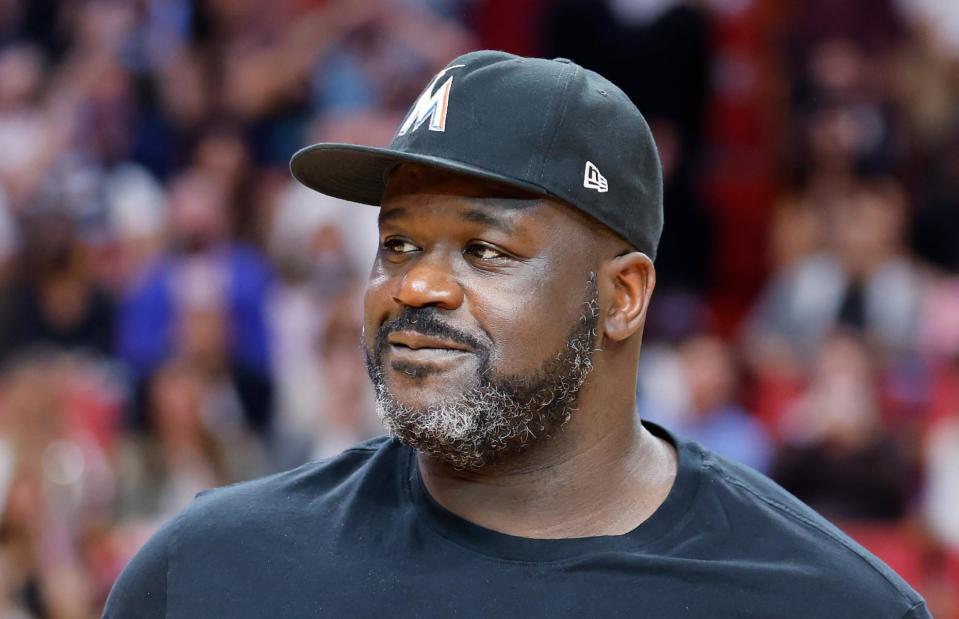
Michael Reeves/Getty Images
Shaquille O'Neal certainly put his best foot forward when he turned down a $40 million endorsement deal with Reebok – or approximately $67.8 million (£53.5m) in 2024 money.
The NBA legend revealed on the Full Send podcast in 2021 that he was walking out of a basketball arena when an angry fan called him out about the price of Reebok's trainers for kids. He said he tried to hand her $2,000 (£1.6k) but she "smacked the money out of my hand [and said] 'why don't you make a shoe that's affordable?'"
The sports star took the woman's question to heart and decided to found his own affordable footwear brand, Shaq. The business was launched in partnership with Walmart in 2004, and O'Neal claims over 400 million pairs of shoes have been sold so far.
Christian Bale turned down $69.3 million (£54.7m) to reprise his Batman role
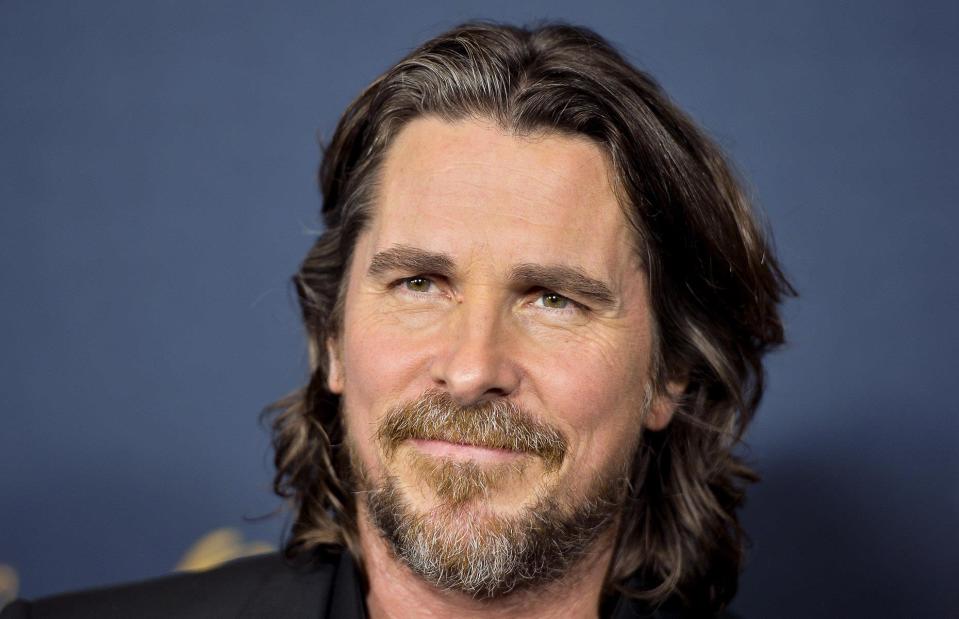
Jerod Harris/WireImage
There have been many renditions of Batman over the years, but Christian Bale’s brooding portrayal of the caped crusader is arguably the most iconic.
That's why Warner Bros. offered Bale a rumoured $50 million – the equivalent of $69.3 million (£54.7m) today – to continue playing the superhero after Christopher Nolan's Dark Knight trilogy wrapped. However, Bale turned down the massive offer out of loyalty to director Christopher Nolan and his vision.
Explaining why he walked away from the role to the Toronto Sun, he said: "When they inevitably came to us and said, 'How about a No. 4?' I said, 'No. We have to stick to Chris' dream, which was always to, hopefully, do a trilogy. Let's not stretch too far and become overindulgent and go for a fourth'."
Dave Chapelle turned down $79.2 million (£62.5m) for Chapelle's Show
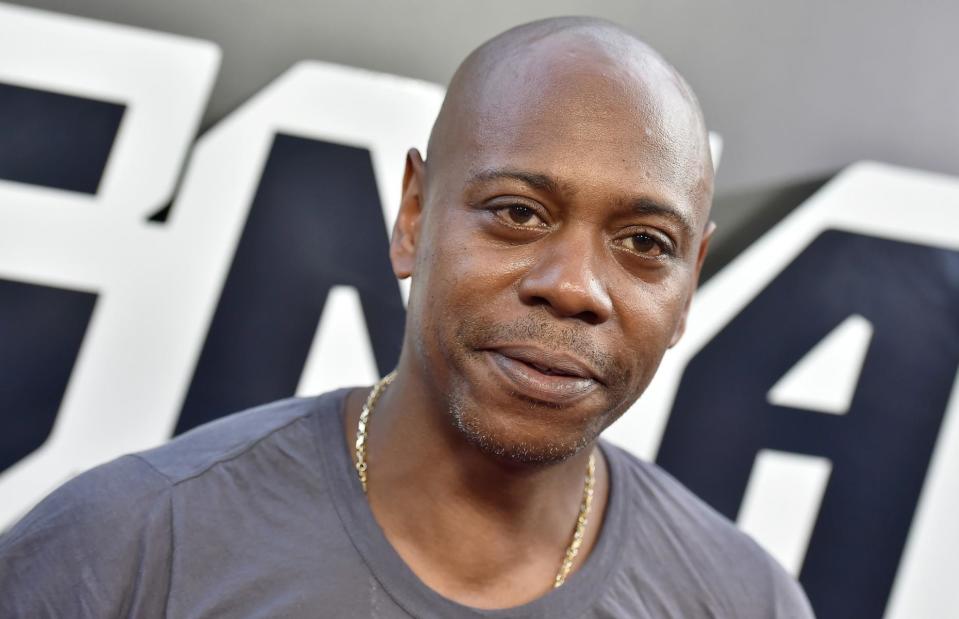
Axelle/Bauer-Griffin/FilmMagic
In the early 2000s, Dave Chapelle was one of the world's biggest stand-ups, with his comedy series Chappelle’s Show reigning supreme. So it came as a huge surprise when the star turned down a $50 million offer from Comedy Central to create a third and fourth season of the show. In 2024 money, Chapelle walked away from a hefty $79.2 million (£62.5m) payday.
For years, Chapelle's resignation from the show – and such a generous paycheque – was a mystery. However, in 2017 he finally revealed in an interview with Gayle King that he quit because he was struggling with his new-found fame.
"I was in this very successful place but the emotional content of it didn't feel like anything I imagined success should feel like," he explained. "I just didn't feel right."
Emily Blunt turned down around $80 million (£63.2m) to play Black Widow
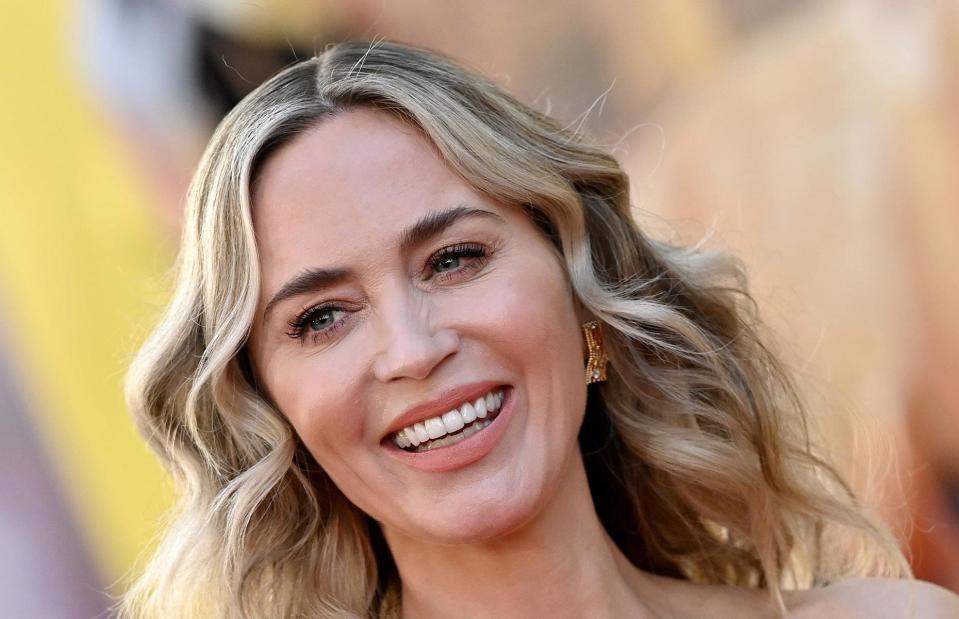
Axelle/Bauer-Griffin/FilmMagic
British actress Emily Blunt was offered the iconic Marvel role of Black Widow in 2010. However, she turned it down due to filming commitments for Gulliver's Travels.
Scarlett Johansson famously landed the role instead. Debuting as the character in Iron Man 2, Johansson went on to reprise Black Widow in numerous Marvel movies, including The Avengers, Captain America, and Black Widow. It's estimated that she's earned a total of $80 million (£63.2m) from her Marvel Cinematic Universe stint.
Despite missing out on a bumper payday, Blunt appears to have no hard feelings. She previously described Johansson as "amazing" in the role, adding, "Come on, the best girl got it."
John Travolta turned down $85.9 million (£67.8m) to play Forrest Gump
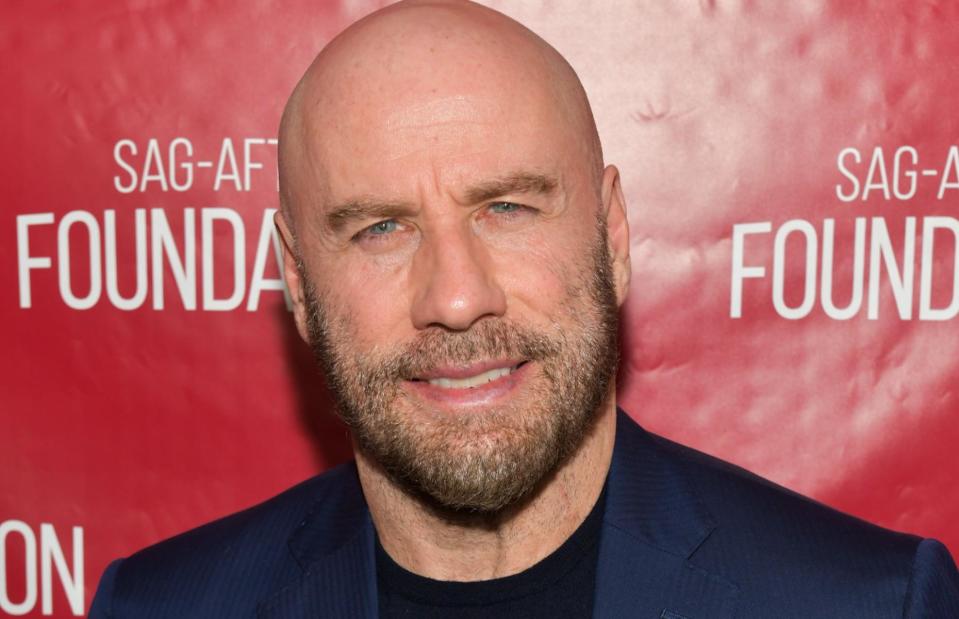
Rodin Eckenroth/Getty Images for SAG-AFTRA Foundation
Tom Hanks won an Oscar and a Golden Globe for playing Forrest Gump in the 1994 movie of the same name. However, while Hanks truly made the part his own, the lovable Gump was very nearly played by Grease star John Travolta.
Travolta turned down the $40 million payday – an almost unbelievable $85.9 million (£67.8m) in today's money – in favour of starring in Quentin Tarantino's low-budget flick Pulp Fiction, which would go on to become a cult classic. And he's not alone: Chevy Chase, Sean Penn, and Bill Murray all reportedly turned down the part of Gump too.
In an interesting turn of events, Hanks and Travolta were both nominated for the 1995 Best Actor Academy Award for Forrest Gump and Pulp Fiction respectively. While Hanks was the winner, it seems that Travolta harbours no hard feelings.
"If I didn't do something Tom Hanks did, then I did something else that was equally interesting or fun," he told MTV in 2007. "Or if I didn't do something Richard Gere did, I did something equally well. But I feel good about some I gave up because other careers were created."
Sylvester Stallone turned down $92.3 million (£72.8m) for Rambo IV
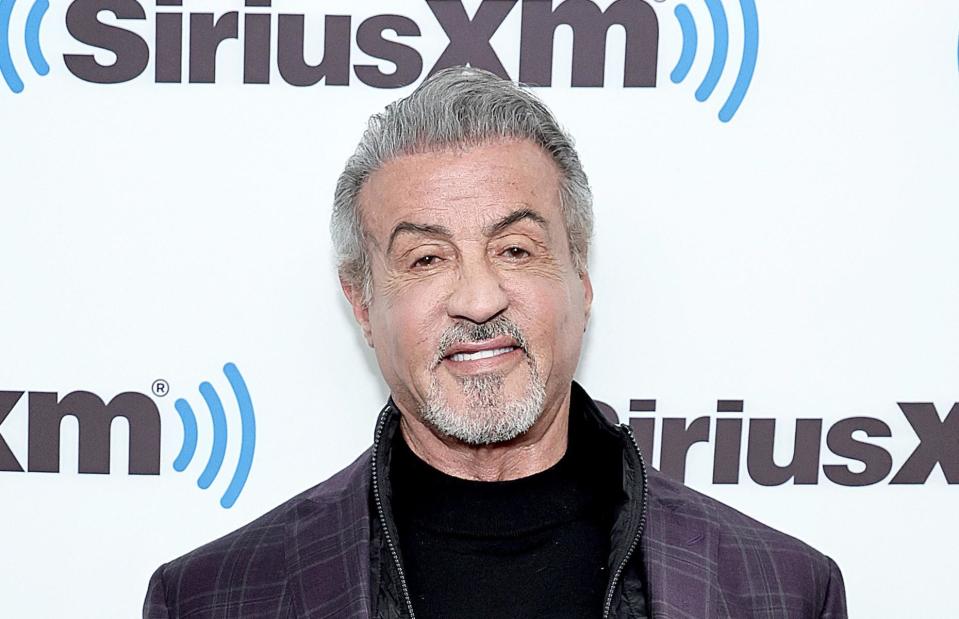
Jamie McCarthy/Getty Images
Sylvester Stallone walked away from $34 million – or an enormous $92.3 million (£72.8m) today – to make a fourth Rambo movie in 1988.
The action star was already reluctant to star in a third instalment, so he declined to film a fourth. He told the Hollywood Reporter, "We were doing Rambo III. We thought it was going to be the biggest hit – this was before it came out. And I was paid a fortune for it. Then they go, 'We want 'Rambo IV.' Here it is: pay or play, 34.' I go, 'Let's not jump the gun here.'"
Decades later, of course, Stallone would star in two more films in the action-packed franchise: Rambo (2008) and Rambo: Last Blood (2019).
Taylor Swift turned down $100 million (£78.9m) to promote FTX
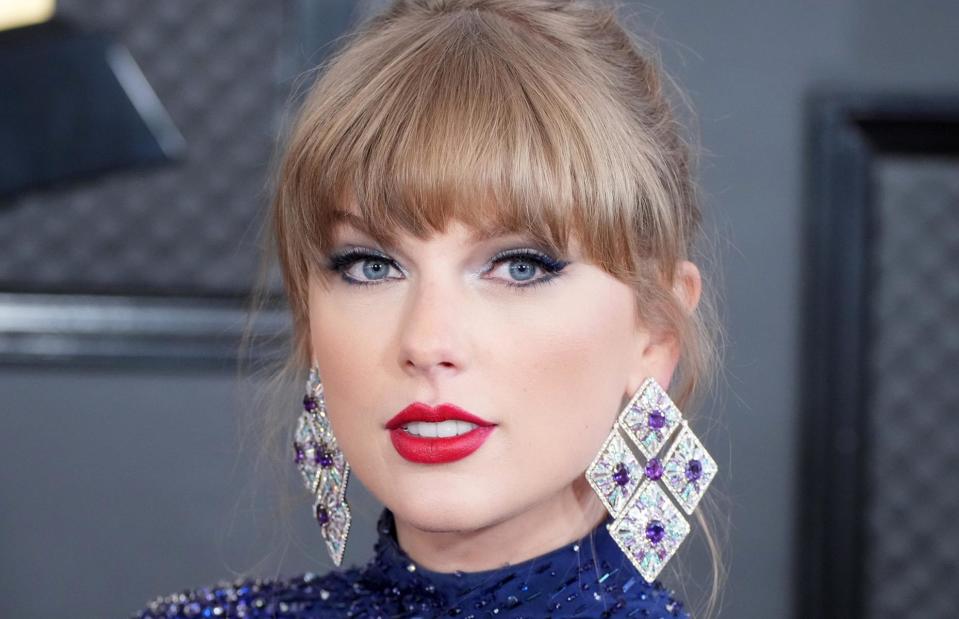
Jeff Kravitz/FilmMagic
Taylor Swift turned down an eye-watering $100 million (£78.9m) to endorse the now-collapsed cryptocurrency exchange platform FTX because she was concerned the company was illegally trading unregistered securities.
A security is an asset, such as a stock or bond, that can be traded, and securities traded in the US must be registered with the Securities and Exchange Commission before they can be sold to the public.
Swift undoubtedly made the right decision: FTX was recently sued for unlawfully selling unregistered securities. Meanwhile, other stars who promoted FTX, such as Tom Brady and Shaquille O'Neal, have faced lawsuits for failing to disclose that they received compensation to promote the disgraced company.
Vince Gilligan turned down $102 million (£80.5m) to continue Breaking Bad
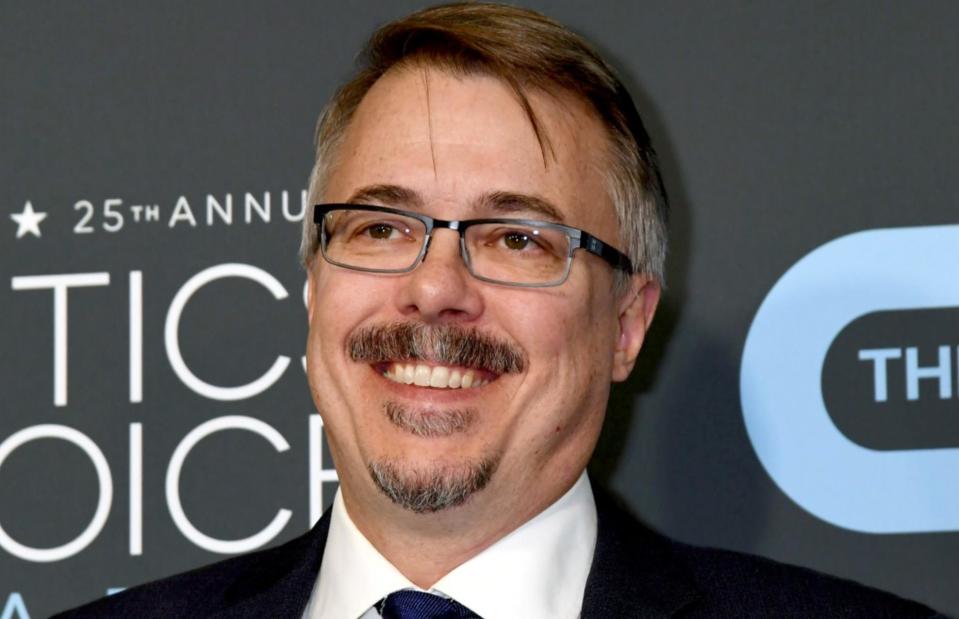
Jeff Kravitz/FilmMagic
At its peak, Breaking Bad was one of the biggest shows on TV. It's no surprise, then, that Walt Disney Studios exec Jeffrey Katzenberg offered creator Vince Gilligan $75 million – an astonishing $102 million (£80.5m) today – to make just three more episodes of the gripping crime drama.
But according to Katzenberg, the Breaking Bad team laughed his offer out of the room. Unbeknownst to him, Gilligan and his writers had planned to kill off almost every character by the time the final episode aired.
Puzzled, Katzenberg told the team that he’d missed the joke but they refused to explain. Speaking to The New York Times in 2013, Katzenberg said: "[The team] didn’t tell me anything else until the new episodes came out, and then I was like, ‘Uh, duh!’ Nobody was left standing at the end".
Jerry Seinfeld turned down $194 million (£153m) to continue Seinfeld
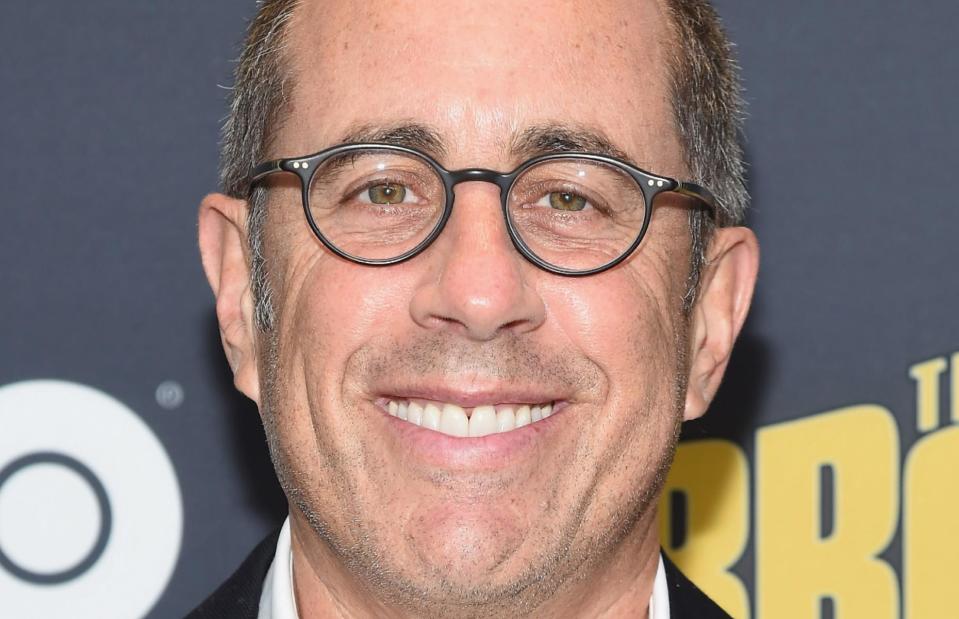
Gary Gershoff/Getty Images
Jerry Seinfeld turned down $100 million to make an additional season of his smash hit sitcom Seinfeld after it wrapped in 1998. In today's money? An eye-watering $194 million (£153m).
Former NBC executive Warren Littlefield said the network made Seinfeld an "unheard-of" offer that they believed nobody could walk away from – but that’s exactly what the comedian did.
While it's an unfathomable sum of money to most, Seinfeld insists he has no regrets. In a 2018 interview with The New York Times, he confessed the decision was inspired by a fear of the show becoming "mediocre".
The Beatles turned down $301 million (£238m) to reunite
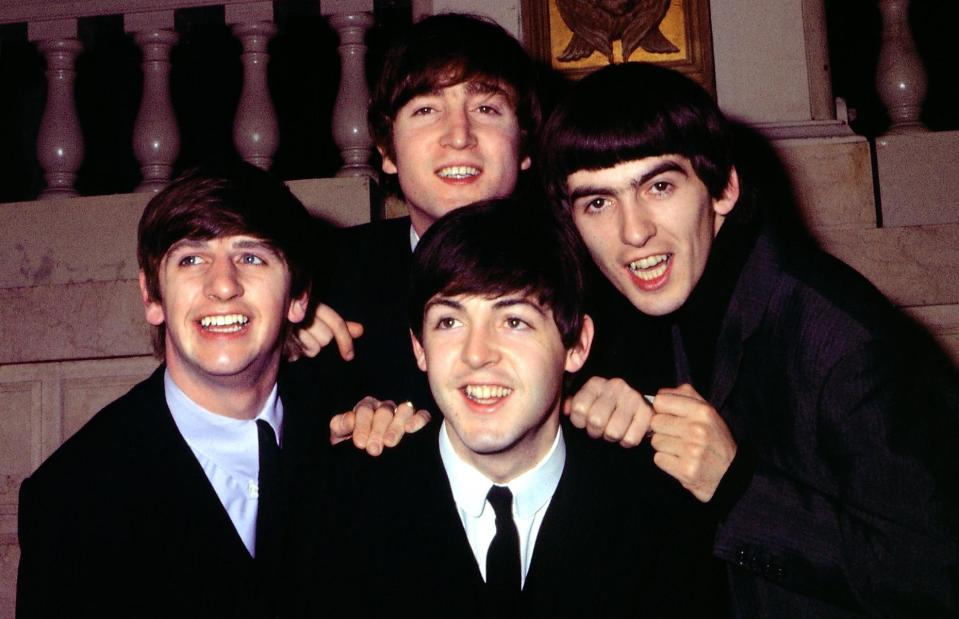
Michael Ochs Archives/Getty Images
The Beatles were offered $50 million in 1975 to do a reunion tour, just five years after the band split up. In today's, that's a stunning $301 million (£238m). And if drummer Ringo Starr is to be believed, the reason the rock 'n' roll legends walked away from the lucrative payday is the definition of bizarre.
"We decided not to do it because the opening act was a guy biting a shark," Starr revealed in 2020. "So we thought no."
While this particular occasion wasn't quite right for the Fab Four's reunion moment, Starr also admitted that if it hadn't been for the deaths of John Lennon and George Harrison (in 1980 and 2001 respectively), the quartet would most likely have reformed.
Matt Damon turned down $372 million (£294m) to star in Avatar
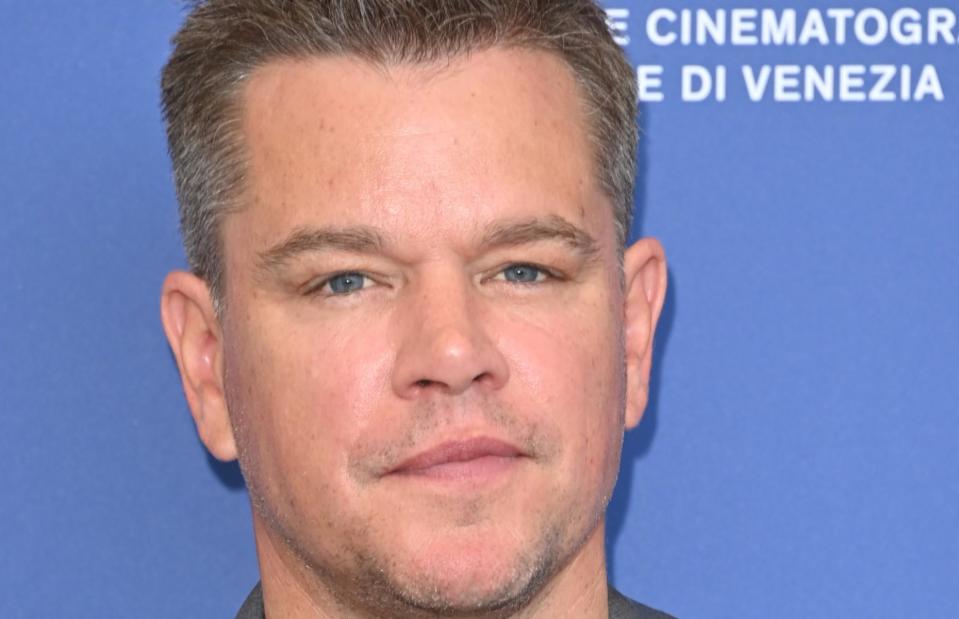
Daniele Venturelli/WireImage
When Matt Damon was approached to star in James Cameron’s 2009 blockbuster Avatar, he turned down the offer as he'd already committed to The Bourne Ultimatum and didn't want to cause problems for the action flick's production.
While Damon's ethics are admirable, his decision to walk away from Avatar was costly. Cameron had offered him 10% of the movie's profits if he came on board, meaning that Damon lost out on around $250 million. It's even more painful when you consider that's around $372 million (£294m) in today's money.
Damon has since called himself the "dumbest actor of all time", glumly noting at the Cannes Film Festival in 2021: "You will never meet an actor who turned down more money than me".
Juan Soto turned down a $440 million (£347m) MLB contract
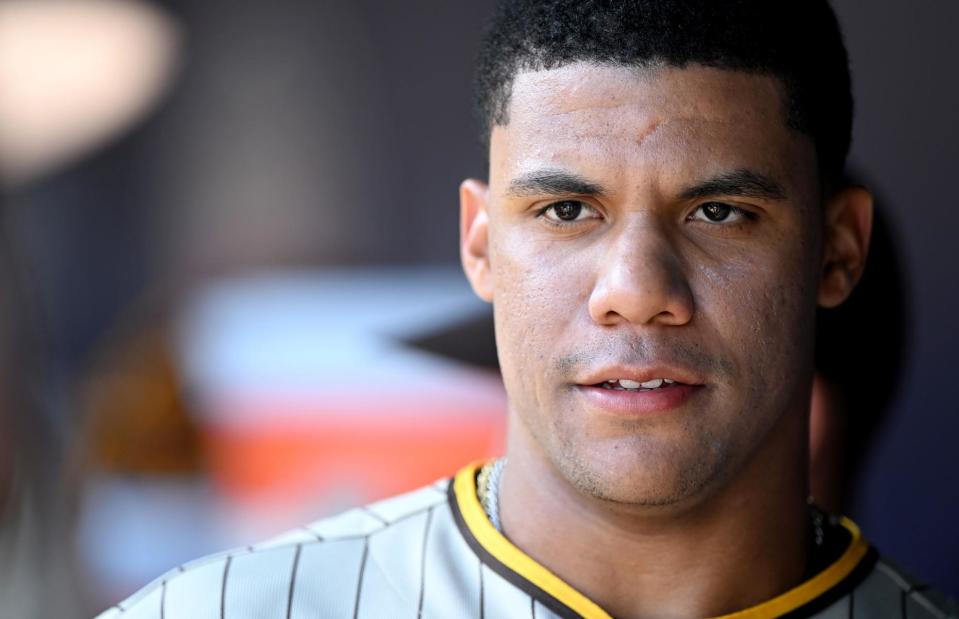
G Fiume/Getty Images
Baseball player Juan Soto turned down an eye-watering $440 million (£347m) 15-year contract extension with the Washington Nationals in 2022. The deal would have been the largest in MLB history.
The National League batting champion partly declined the record-breaking offer because becoming a free agent would potentially be more lucrative.
However, when prompted by Fox, the sports star admitted that his concerns about the future of the Washington Nationals were a factor in his decision. He revealed: "When you see a team like that, it's a team that you want to be in the World Series again. I mean, I've been there with them. I know how it is".
Sean Connery turned down $778 million (£614m) to play Gandalf
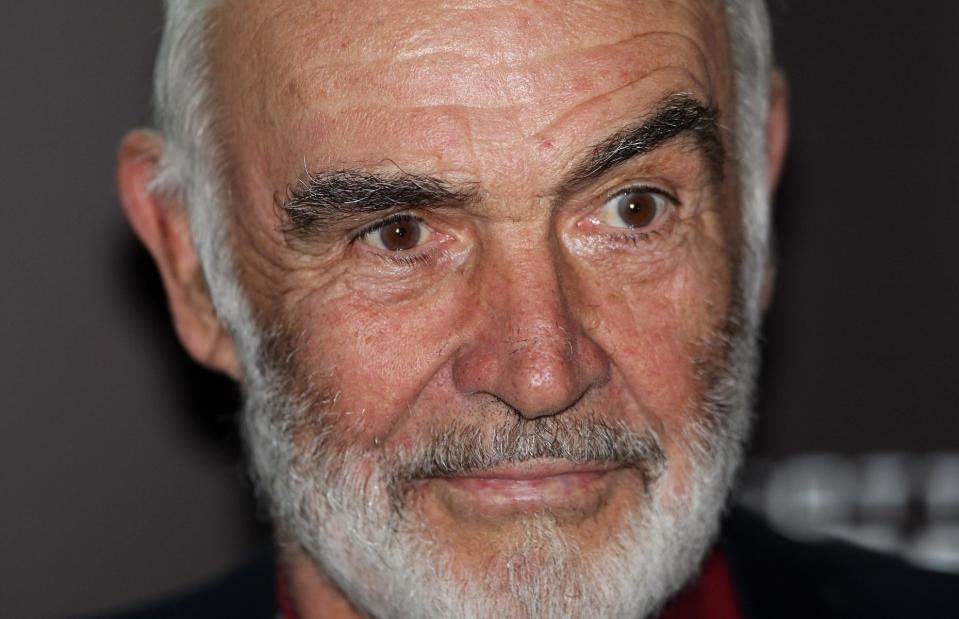
Dave Hogan/Getty Images
Despite Matt Damon's claim that no other actor has turned down more money than him, that unenviable title actually goes to James Bond star Sean Connery.
The late Hollywood legend was offered $30 million and 15% of box office takings to play Gandalf in The Lord of the Rings franchise. However, he turned down the part as he didn't understand the story. Ian McKellen was cast instead and the rest is history.
The fantasy trilogy made around $2.9 billion (£2.3bn) at the box office, meaning Connery walked away from over $450 million, or a jaw-dropping $778 million (£614m) today. To put that into perspective, the actor was worth an estimated $350 million (£276m) at the time of his death in 2020, meaning Gandalf would have been more lucrative than all his other roles combined.
On the bright side, Connery didn't dwell on his decision for too long, later admitting: "I read the book. I read the script. I saw the movie. I still don't understand it. Ian McKellen, I believe, is marvellous in it".
Tiger Woods turned down at least $700 million (£553m) to join LIV Golf
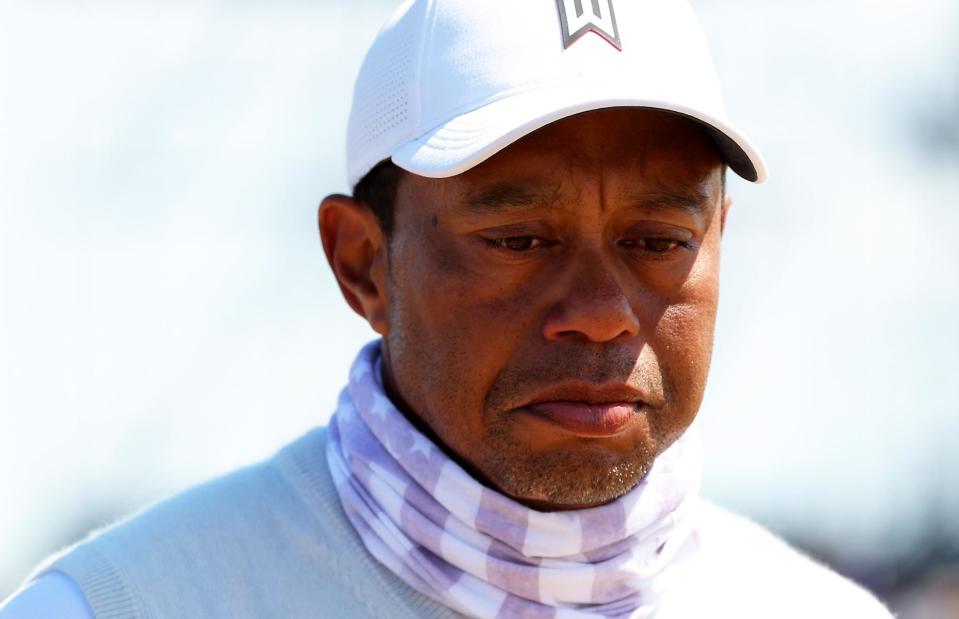
Kevin C. Cox/Getty Images
Around 50 famous golfers, including Phil Mickelson and Dustin Johnson, have accepted mega payouts to join LIV Golf, an upstart league that's attempting to disrupt the PGA Tour.
However, golfing legend Tiger Woods refused to jump ship. According to reports, he turned down an eye-watering $700 million (£553m) to $800 million (£632m) to join the new league in 2022.
Woods got vocal about how he disapproved of golfers who left the PGA Tour in favour of LIV Golf. "I disagree with it," he said. "I think that what they’ve done is they’ve turned their back on what has allowed them to get to this position."
Robert Plant turned down $1.1 billion (£870m) for a Led Zeppelin reunion
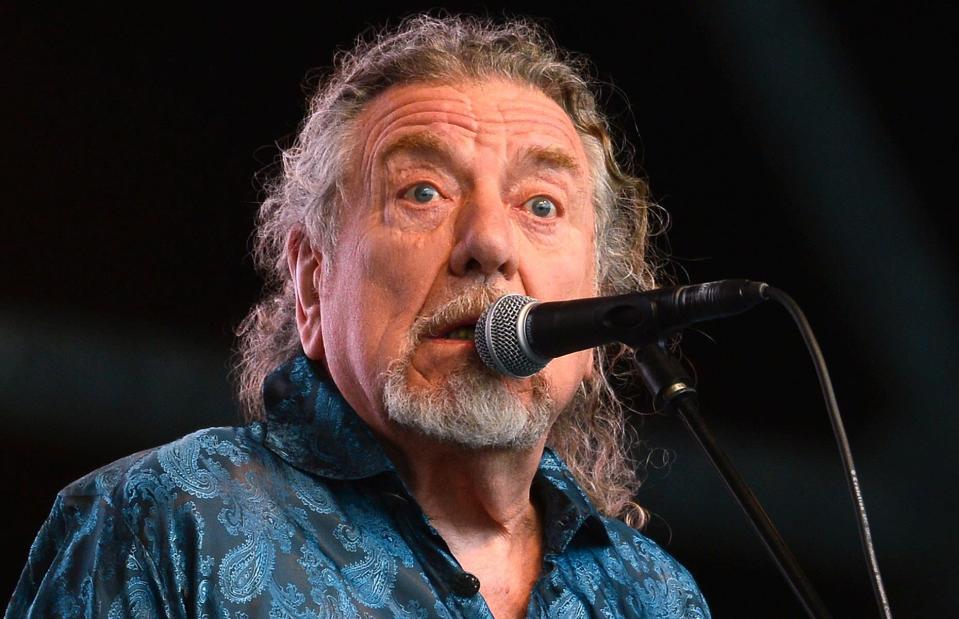
Jim Dyson/Getty Images
Legendary rockers Led Zeppelin were offered an astonishing $800 million to reunite in 2014, or $1.1 billion (£870m) in today's money.
Original members Jimmy Page and John Paul Jones were all in, while Jason Bonham, the son of the band's late drummer John, was on board to replace his father.
However, lead singer Robert Plant threw a spanner in the works when he asked for 48 hours to think about it. He then shocked his former bandmates when he reportedly ripped up the paperwork and declined. Without the iconic frontman, the reunion never came to fruition.
ABBA turned down $1.9 billion (£1.5bn)
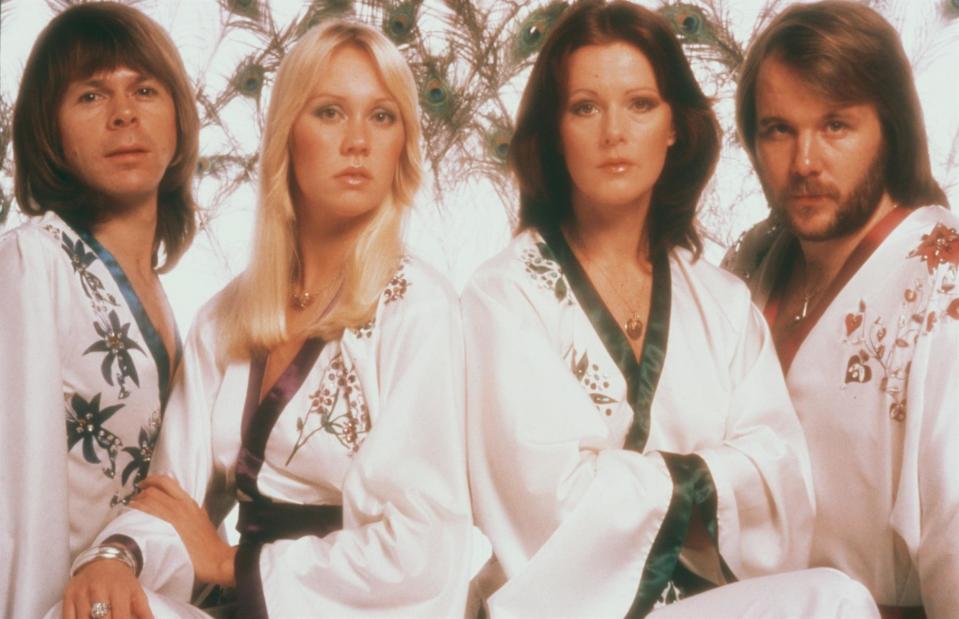
RB/Redferns/Getty Images
In 2000, the stars of ABBA were offered a staggering $1 billion to reunite, which is an extraordinary $1.9 billion (£1.5bn) in today's dollars. The pop group – famed for hits such as Mamma Mia and Dancing Queen – officially split in 1982, leaving fans around the globe distraught.
Speaking at the time about the billion-dollar reunion offer, Andersson told Swedish tabloid Aftonbladet: "It's a hell of a lot of money to say no to, but we decided it wasn't for us". Ulvaeus added: "We have never made a comeback. Almost everyone else has. I think there's a message in that".
However, to the delight of music lovers everywhere, you can see ABBA live today, albeit in digital form. So-called "ABBAtars" of the four members are currently performing alongside a live band at a specially-constructed arena in London. Thanks to the ABBAtars, each of them is set to make millions without so much as stepping foot on stage.
Now discover which musicians make the 20 highest-grossing concert tours of all time list

 Yahoo Finance
Yahoo Finance 